- - What is Teeth Grinding (Bruxism)?
- - How Does Teeth Grinding Affect Natural Teeth?
- - Can People with Teeth Grinding Get Dental Implants?
- - Teeth Grinding (Bruxism) and Dental Implant
- - How Does Teeth Grinding Affect Dental Implants?
- - Risks and Complications of Teeth Grinding on Dental Implants
- - How to Protect Dental Implants from Teeth Grinding
- - General Solutions for Teeth Grinding
- - Get Safe Dental Implants for Bruxism at Turkey Luxury Clinics
- - FAQs About Teeth Grinding and Dental Implant
Dental implants are an excellent option for a variety of people, whether you need a single tooth replacement, multiple teeth restored, or a complete dental reconstruction. With an implant and crown, patients can restore both the function and appearance of their natural teeth.
However, certain health conditions and habits, such as bruxism, can increase the risk of implant failure. Bruxism does not necessarily prevent you from getting dental implants,but it can interfere with the healing process and the long-term stability of the implant.
At Turkey Luxury Clinics, we provide a comprehensive teeth replacement plan that combines safe, effective, and affordable dental implants with tailored bruxism management, ensuring your smile is both healthy and long-lasting.
What is Teeth Grinding (Bruxism)?
Bruxism is a common condition in which patients unconsciously clench, grind, or gnash their teeth, either during the day or while sleeping.
Awake bruxism occurs subconsciously when you’re awake, while sleep bruxism is a sleep-related movement disorder. This condition is often linked to stress or anxiety and can affect the teeth, jaw muscles, and overall oral health.
How Does Teeth Grinding Affect Natural Teeth?
Teeth grinding, or bruxism, severely damages natural teeth. It is a significant risk for teeth breaking and the need for dental implants. Prolonged grinding wears down the outer layer of the teeth, or the tip of the protective enamel, which increases tooth sensitivity, and may cause cracks or fractures. In severe cases, tooth loss can occur, which makes dental implants necessary. But this raises a key question: can people with teeth grinding get dental implants?
Can People with Teeth Grinding Get Dental Implants?
People who grind their teeth (bruxism) can still be candidates for dental implants, but it requires careful planning, management of the grinding habit, and specific considerations during treatment to ensure the implants' long-term success. Dentists often recommend nightguards or splints to protect the implants from excessive pressure and may use specific implant or restoration designs to distribute forces more evenly. It is important to note that dental implants themselves are neither a solution for bruxism itself nor worsen bruxism symptoms. Read more about: Are dental implants right for you?
Teeth Grinding (Bruxism) and Dental Implant
Teeth grinding (bruxism) can negatively affect the healing and long-term success of dental implants. During implant surgery, metal posts that act like artificial roots are placed into the jawbone. For the treatment to succeed, the bone must heal and fuse with these posts in a process called osseointegration.
If a patient continues to grind or clench their teeth during this stage, the excessive pressure on the implant posts can slow down healing, damage the surrounding bone, or even prevent osseointegration completely.
Since the stability of dental implants depends heavily on this process, uncontrolled bruxism significantly increases the risk of implant failure.
How Does Teeth Grinding Affect Dental Implants?
Teeth grinding can negatively affect the healing and long-term success of dental implants. During implant surgery, metal posts act like artificial roots and are placed into the jawbone. For success, the bone must fuse with these posts through osseointegration.
Uncontrolled bruxism during this phase can slow healing, damage surrounding bone, or prevent proper fusion. Since implant stability relies heavily on osseointegration, unmanaged bruxism increases the risk of failure.
Risks and Complications of Teeth Grinding on Dental Implants
Bruxism, or teeth grinding and clenching, poses several risks to dental implants by increasing pressure on the implant and surrounding bone, potentially causing implant failure, bone loss, and prosthetic damage.
- Implant Overloading: Teeth grinding can place excessive pressure on the implant post and surrounding bone. This may lead to loosening of the implant, bone loss, and, in severe cases, complete implant failure. Overloading can also damage prosthetic components, such as crowns, reducing long-term success and increasing replacement costs.
- Failure of Osseointegration: Osseointegration—the fusion of the implant with natural bone—is essential for successful implant placement. Constant clenching or grinding can disrupt this process, interfering with proper bone healing and implant stability, and delaying the next stage of treatment, such as crown or denture placement.
- Prosthetic Damage (Prosthetic Wear): Restorations attached to implants, including crowns or bridges, are vulnerable to accelerated wear, chipping, or even dislodgement due to bruxism-related stress. While replacements are possible, managing bruxism is often more cost-effective than repeatedly replacing prosthetic components.
- Bone Loss (Resorption): Continuous mechanical pressure from bruxism can cause gradual bone loss around the implant, weakening its long-term support and potentially leading to implant loss. In some cases, bone grafting and re-implantation may be required, which is time-consuming, costly, and uncomfortable for the patient.
- Gum Recession and Risk of Infection: Bruxism can also contribute to gum recession around implants, increasing the risk of peri-implantitis—a serious infection that can damage surrounding bone and compromise implant success.
How to Protect Dental Implants from Teeth Grinding
By a comprehensive approach involving treating the underlying bruxism, using a custom nightguard, and potentially choosing more durable prosthetic materials, to prevent implant damage, loosening, or failure
Bruxism Management Before Implant Placement
Controlling bruxism before placing dental implants is crucial to protect the new tooth and extend its longevity. Stress reduction, behavioral therapy, or medication may be recommended to minimize harmful forces.
Regular Follow-Up Appointments
Consistent follow-up after implant placement is essential. During the healing phase, visits allow the dentist to monitor osseointegration (bone fusion) and detect early complications. Even after the crown is attached, regular checkups remain important to ensure long-term success and prevent unnoticed damage from grinding.
Strategic Implant Design and Placement
Dentists may adjust implant material, position, and design for patients with bruxism, often using wider, stronger implants or placing multiple implants. This approach increases surface area, distributes forces more evenly, and reduces stress on individual implants, helping them withstand the pressure from grinding.
Bone Grafting
For patients with bruxism and jawbone loss, bone grafting may be necessary before implant placement. The graft material—taken from the patient, a donor, or synthetic sources—strengthens the jawbone, providing a stable base for implants. This enhances the likelihood of successful osseointegration and the implant's long-term survival.
Short Implants
Short implants, measuring 8 mm or less in length, are an option for patients with insufficient bone height, often in the posterior region of the jaw. These short implants can reduce the mechanical stress on the jaw and implant associated with bruxism and lower the risks of bone loss or resorption and implant loosening.
Durable Prosthetic Materials
Choosing stronger implant and crown materials for dental implants in patients with teeth grinding is another implant protective measure in patients with bruxism. Zirconia dental implant, especially monolithic zirconia, is highly resistant to fractures and wear caused by grinding. While it is less translucent and not always ideal for visible front teeth, it offers superior strength and durability for patients with severe bruxism.
Discover Top Dental Implant Brands in Turkey 2025: Quality, Reliability & How to Choose
Custom Night Guards (Occlusal Splints)
A night guard is a removable oral device that looks similar to whitening trays and fits over the teeth to protect them from clenching or grinding. It acts as a cushion, absorbing and redistributing forces that could otherwise damage implants and surrounding bone. Custom-made night guards from a dentist provide the best protection and comfort compared to store-bought options. Night guards can be soft or rigid, and the choice depends on the degree and severity of teeth grinding.
Botox Injections for Bruxism
Botox injections involve small doses of botulinum toxin type A delivered into jaw muscles. These injections temporarily relax overactive muscles that cause clenching and grinding, reducing excessive pressure on dental implants. For severe bruxism, targeted Botox can lower the risk of implant failure, bone loss, and damage to implant components. The effects, however, are temporary, so repeat treatments are usually required to maintain results.
General Solutions for Teeth Grinding
In addition to implant-specific strategies, dentists often recommend general solutions for teeth grinding that protect overall oral health and reduce long-term risks. A comprehensive approach may include counseling, lifestyle changes, oral devices, and sometimes medication. Combining these methods helps minimize the harmful impact of bruxism not only on dental implants but also on natural teeth and jaw joints.
The first step in managing bruxism is identifying its underlying cause. For many patients, stress and anxiety are the main triggers, which is why relaxation techniques, stress management, and even professional counseling can make a noticeable difference.
In some cases, teeth grinding is linked to sleep disorders such as sleep apnea, making treatment of the root condition essential for lasting relief. read about dental implant and sleep apnea.
Another widely recommended solution is the use of night guards. While they do not stop grinding, night guards create a protective barrier that reduces friction and prevents damage to teeth, implants, and jaw structures. ِAlso, for more severe or resistant cases, treatments such as muscle relaxants or Botox injections may be considered. Finally, regular dental checkups remain vital.
Consistent monitoring allows dentists to detect early wear patterns, adjust implants if needed, and ensure that protective strategies remain effective over time.
Get Safe Dental Implants for Bruxism at Turkey Luxury Clinics
Even if you have bruxism, dental implants are still possible. At Turkey Luxury Clinics, our experienced doctors specialize in dental implants and can help you regain both the function and appearance of your natural teeth. With years of hands-on experience, we provide tailored solutions to meet your dental needs.

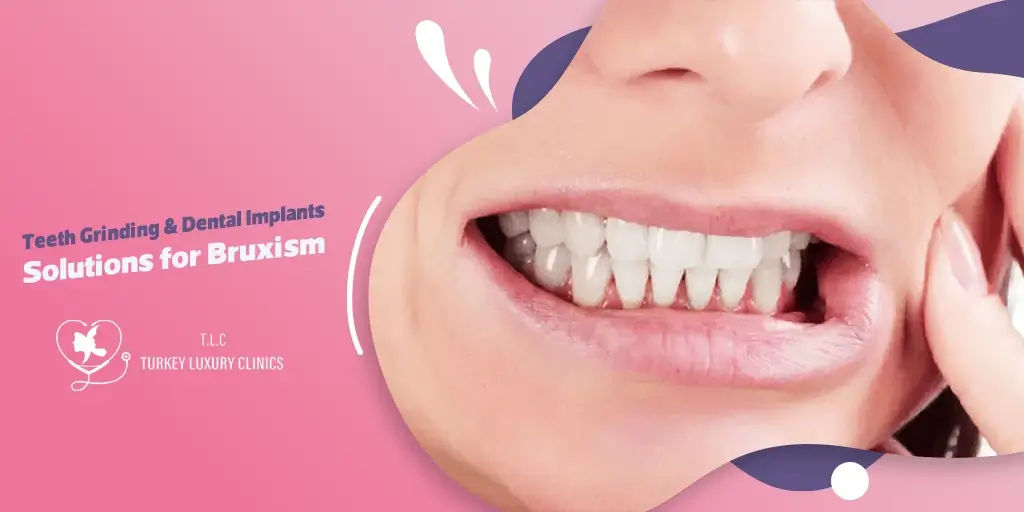




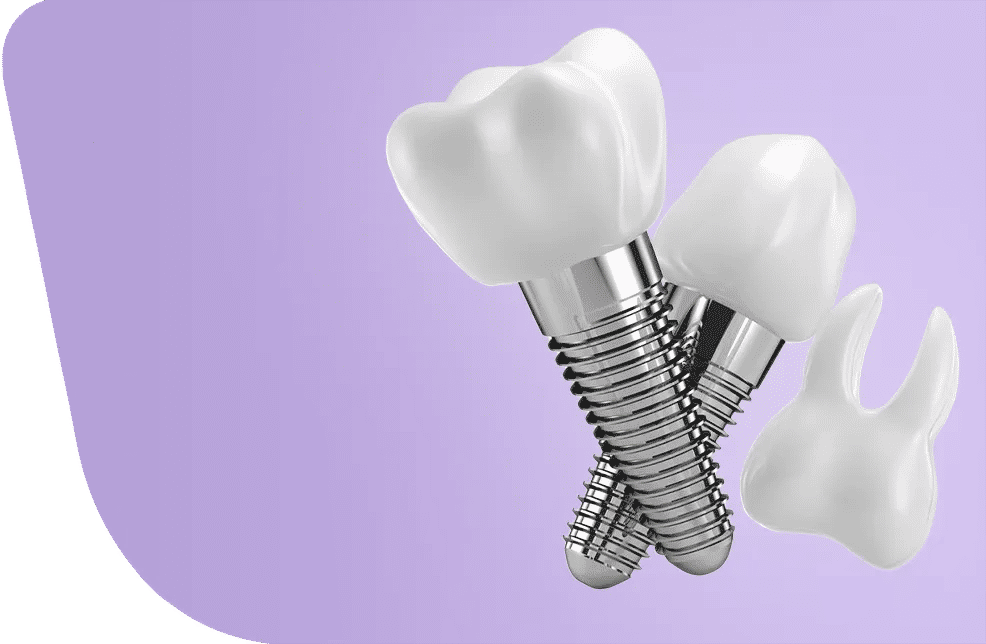

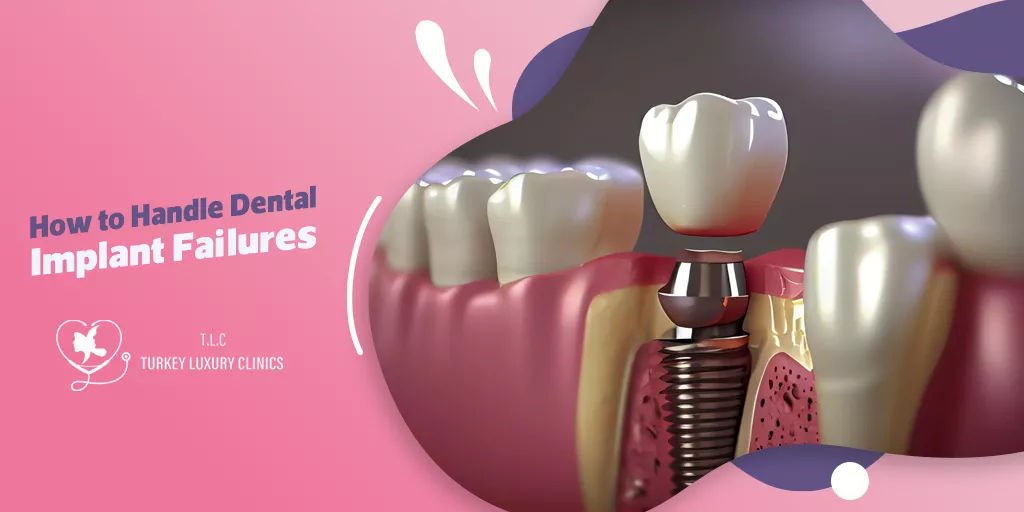
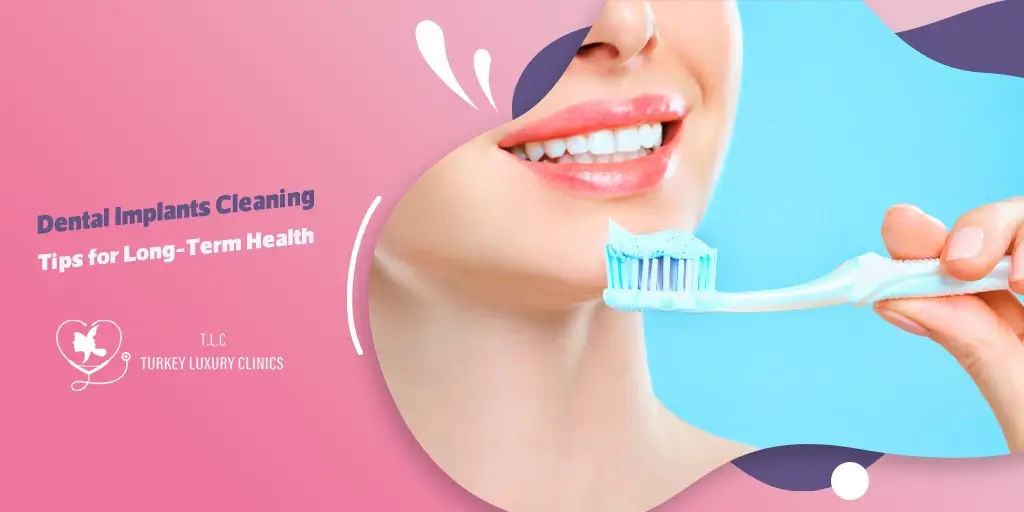
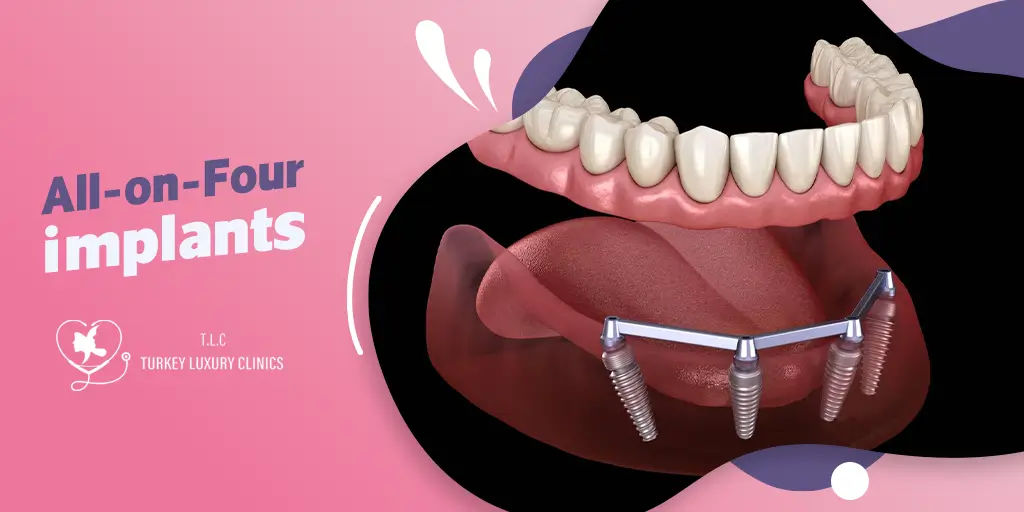



.webp)
.webp)
.webp)
.webp)

